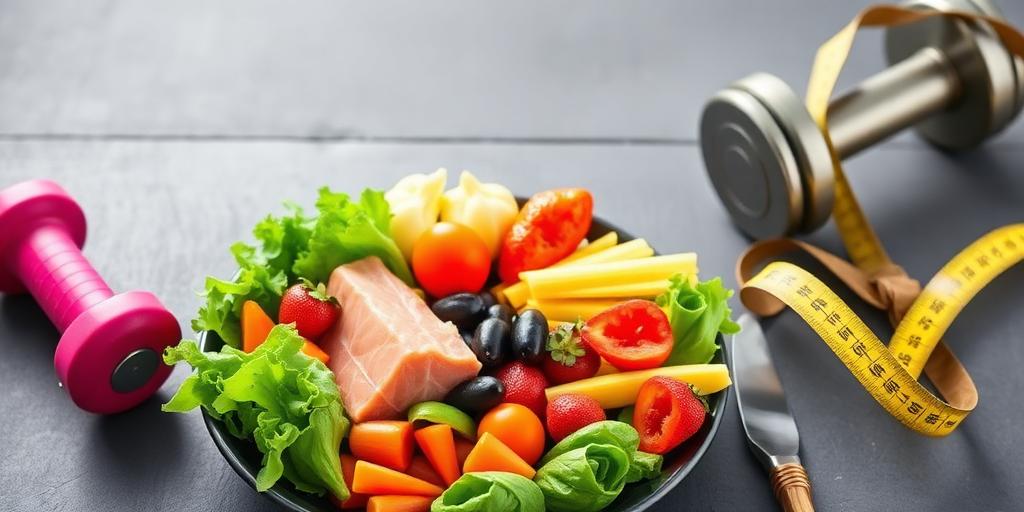Get Lean, Get Strong: The Ultimate Guide to Nutrition for Fitness
Embarking on a fitness journey involves more than just hitting the gym. Nutrition plays a pivotal role in achieving your desired physique and performance levels. This guide provides a comprehensive overview of how to fuel your body effectively to get lean and build strength.
Understanding Macronutrients
Macronutrients are the building blocks of your diet, providing energy and supporting various bodily functions. They include:
- Protein: Essential for muscle repair and growth. Aim for 0.8-1 gram per pound of body weight, especially if you're engaged in strength training. Good sources include chicken, fish, eggs, and legumes.
- Carbohydrates: The primary source of energy for high-intensity workouts. Choose complex carbohydrates like whole grains, fruits, and vegetables over simple sugars. Consume them strategically around your workout times to maximize performance and recovery.
- Fats: Important for hormone production, nutrient absorption, and overall health. Opt for healthy fats like avocados, nuts, seeds, and olive oil. Avoid excessive saturated and trans fats, which can hinder your fitness goals.
Caloric Balance
To lose weight, you need to create a caloric deficit by consuming fewer calories than you burn. To gain weight, you need a caloric surplus. Use a reliable calorie tracker to monitor your intake and adjust as needed based on your progress.
Meal Timing and Frequency
- Pre-Workout: Consume a combination of carbohydrates and protein 1-2 hours before your workout to fuel your muscles and prevent muscle breakdown. A banana with peanut butter or a protein shake are good options.
- Post-Workout: Replenish glycogen stores and initiate muscle repair by consuming carbohydrates and protein within 30-60 minutes after your workout. A protein shake with dextrose or a balanced meal can be effective.
- Meal Frequency: While meal frequency doesn't significantly impact weight loss, spreading your meals throughout the day can help stabilize blood sugar levels and prevent overeating.
Hydration
Water is essential for optimal performance and recovery. Dehydration can lead to fatigue, decreased strength, and impaired cognitive function. Aim to drink at least 1 gallon of water per day, especially if you're active.
Supplementation
While a well-rounded diet should be your primary focus, certain supplements can provide additional benefits:
- Creatine: Enhances strength and power output.
- Protein Powder: Convenient source of protein for post-workout recovery.
- BCAAs: May reduce muscle soreness and improve recovery.
- Omega-3 Fatty Acids: Support overall health and reduce inflammation.
Sample Meal Plan
Here's a sample meal plan for a 180-pound individual aiming to lose weight:
- Breakfast: Oatmeal with protein powder and berries
- Lunch: Grilled chicken salad with mixed greens and avocado
- Dinner: Baked salmon with roasted vegetables
- Snacks: Greek yogurt, almonds, or a protein shake
Conclusion
Nutrition is a critical component of any fitness endeavor. By understanding macronutrients, caloric balance, meal timing, and supplementation, you can optimize your diet to achieve your goals. Consistency and patience are key, so stick to a well-structured plan and monitor your progress regularly.









